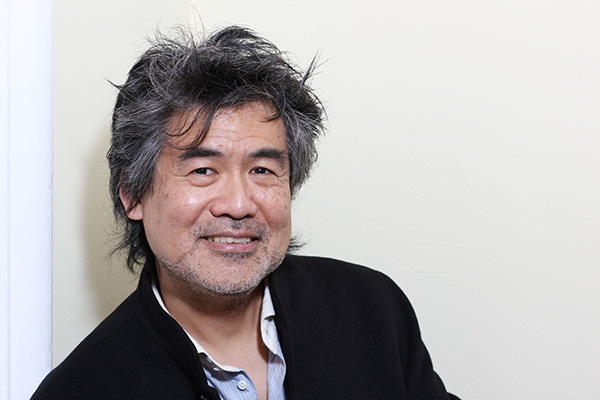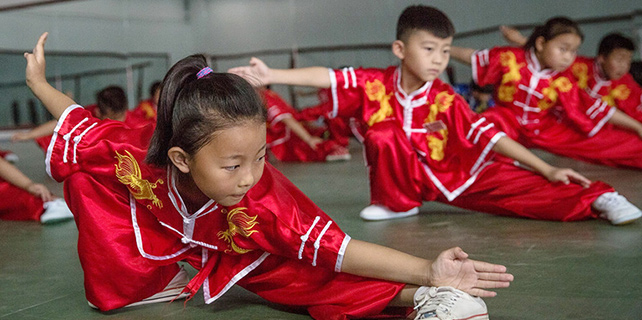Realizing the dream of the red chamber
 |
|
David Henry Hwang, scriptwriter [Photo provided to China Daily] |
"I hadn't read the whole novel until Bright (Sheng) approached me to work on this opera. The three major characters (Jia Baoyu, Lin Daiyu and Xue Baochai) are complicated and beautifully drawn. But what particularly struck me is the novel as a whole: the period details, which summon an entire world of Chinese imperial splendor, largely lost to us today," says Hwang, who is the winner of the 1988 Tony Award for best play for M. Butterfly that debuted on Broadway.
Hwang finally agreed because Sheng had a strategy for adapting the material into a two-hour opera, by focusing on the love triangle of the three main characters-Jia Baoyu, the pampered, rebellious young scion of the Jia family; his ethereally beautiful cousin Lin Daiyu, whom he falls in love with; and another attractive and talented cousin, Xue Baochai, who becomes his wife.
"It made sense to me to focus on the love triangle, then add enough of the other characters so we could give a sense both of the political intrigue, which appears to have enmeshed Cao's own family, and the spiritual frame illuminating the work's Buddhist and Taoist philosophies," says Hwang.
"As a Chinese-American, to have helped create a work, which has introduced this Chinese classic to the Western audience, this project means a lot to me. If we have done so successfully enough to also impress audiences in China, I will be happy to have made a contribution to the land where my parents were born."
















